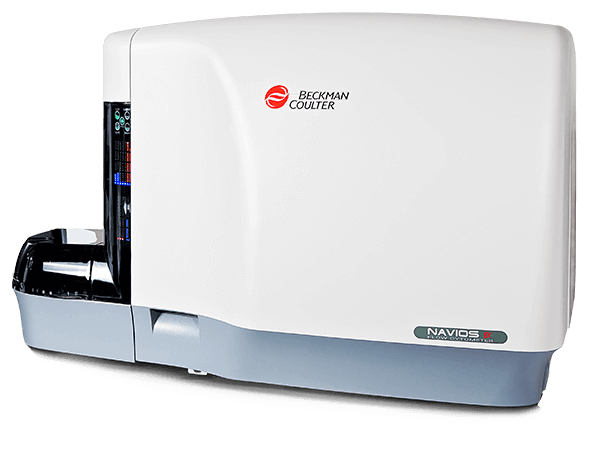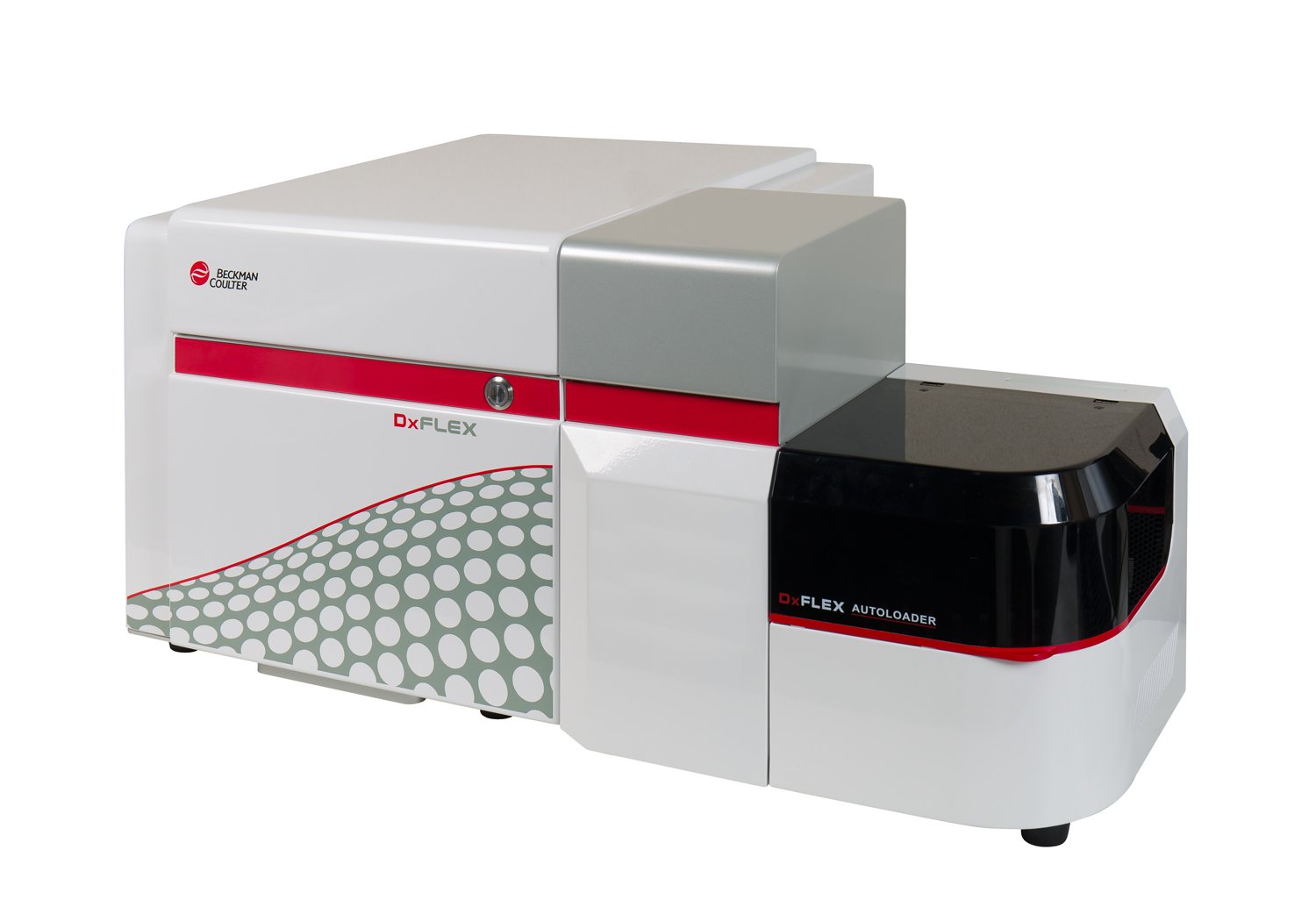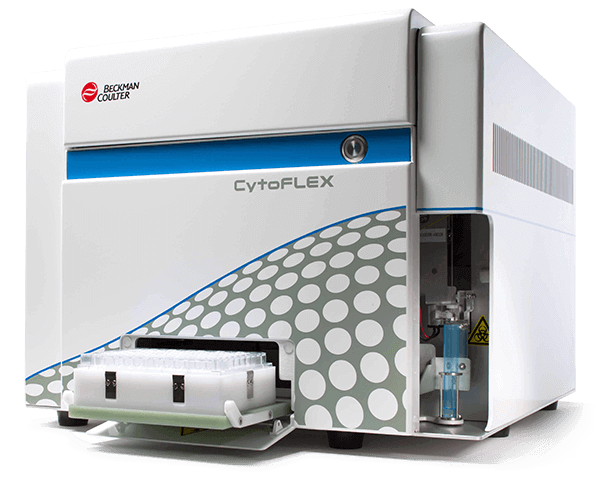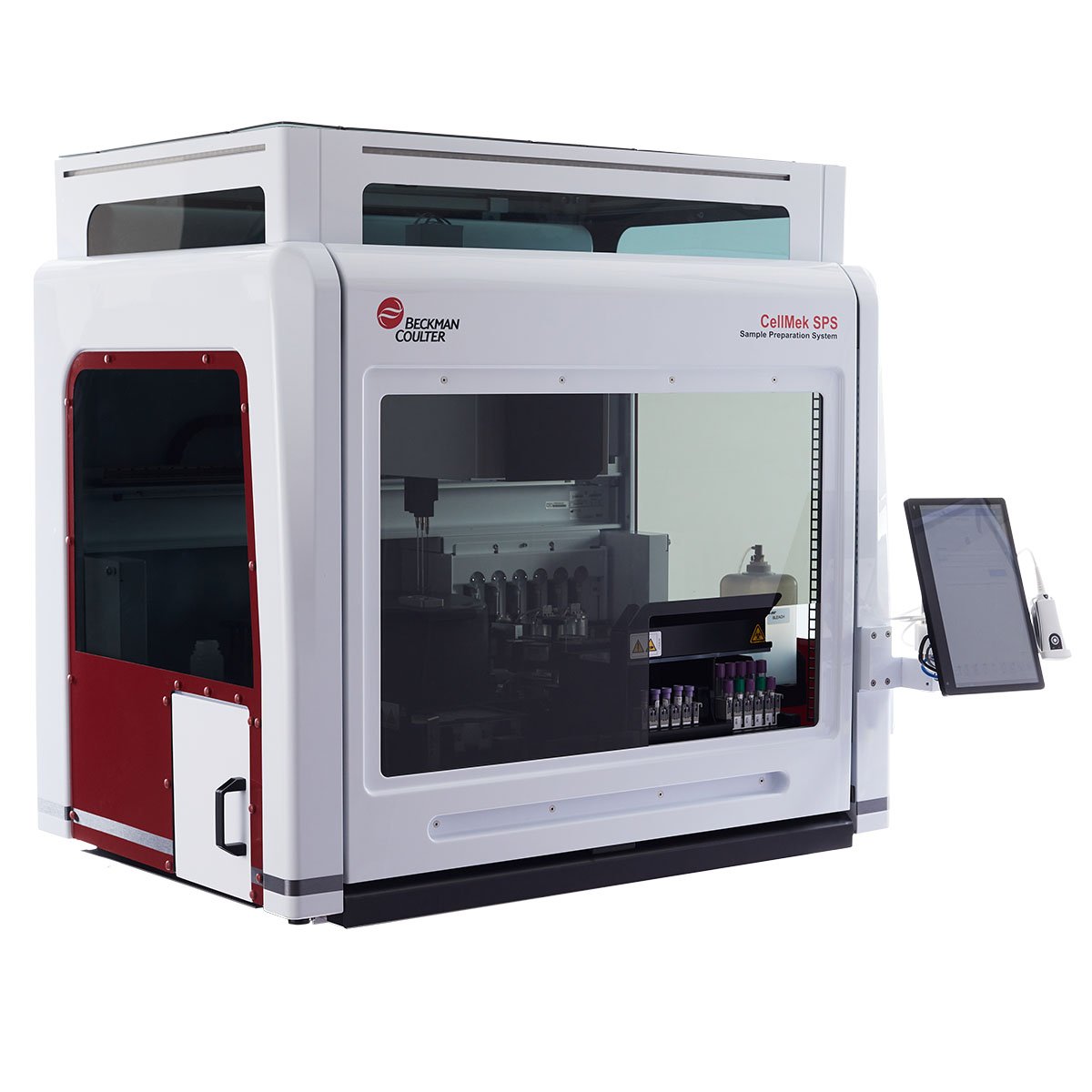CD16 Antibodies
The CD16 antigen is the low-affinity receptor for IgG (FcγRIII). The CD16 antigen exists in two different forms encoded by two different genes: FcγRIIIA (or III-2) and FcγRIIIB (or III-1). The genetic heterogeneity of CD16 generates alternative membrane-anchored molecules. One is a transmembrane form (FcγRIIIA, 50-65 kDa) expressed on NK cells, monocytes and macrophages. The other is a glycosylphosphatidylinositol (GPI)-anchored form (FcγRIIIB, 48 kDa) only expressed on neutrophils. It has been shown that the CD16 antigen can be non-covalently associated within the membrane of NK cells, to a disulfide-linked homo or heterodimer made from the 16 kDa CD3ζ chain and the FcεRIγ chain.
| Clone: 3G8 | Isotype: IgG1 Mouse |
| The 3G8 monoclonal antibody is inappropriate for western blot use. 3G8 binds to both isoforms of the CD16 molecule. | |






